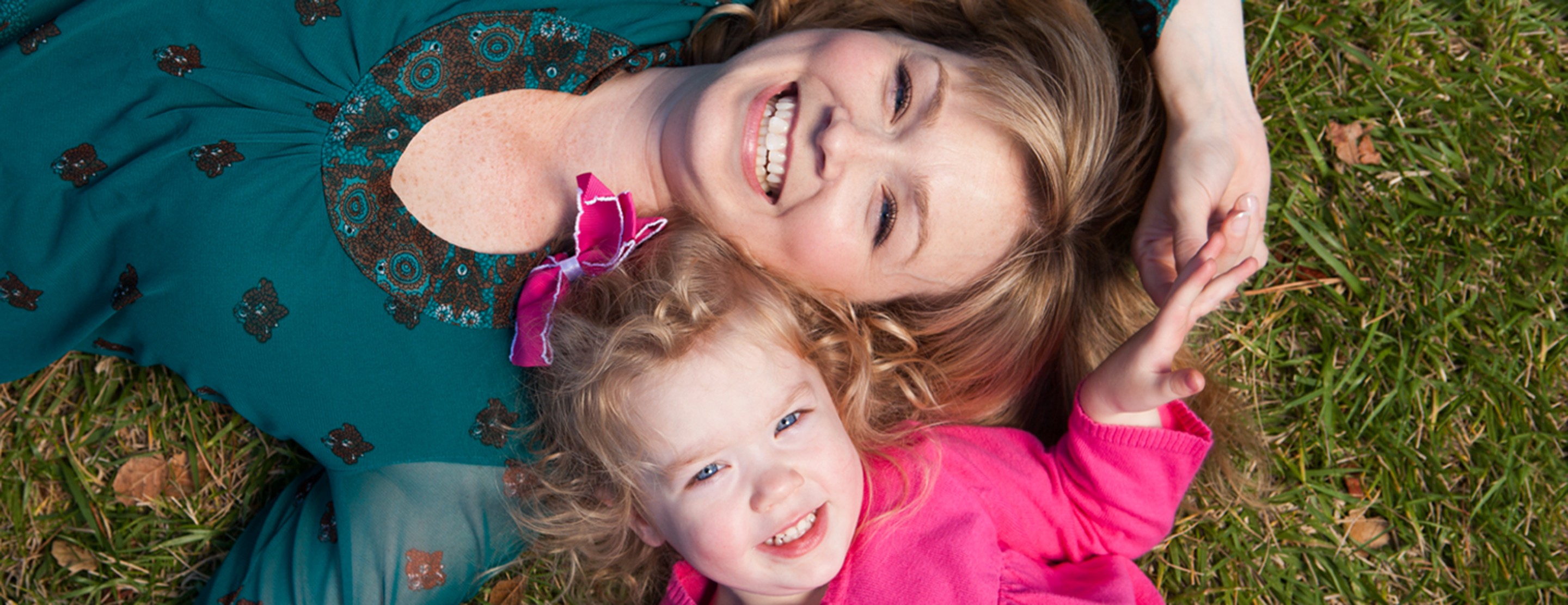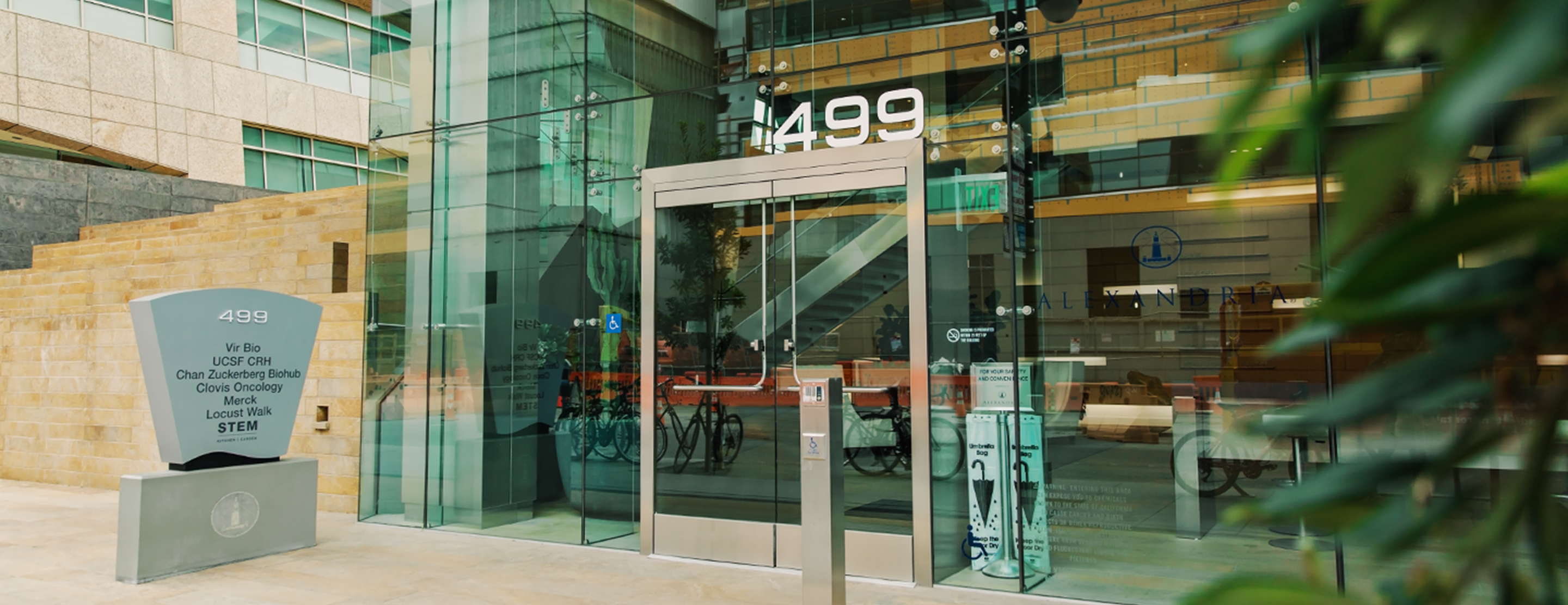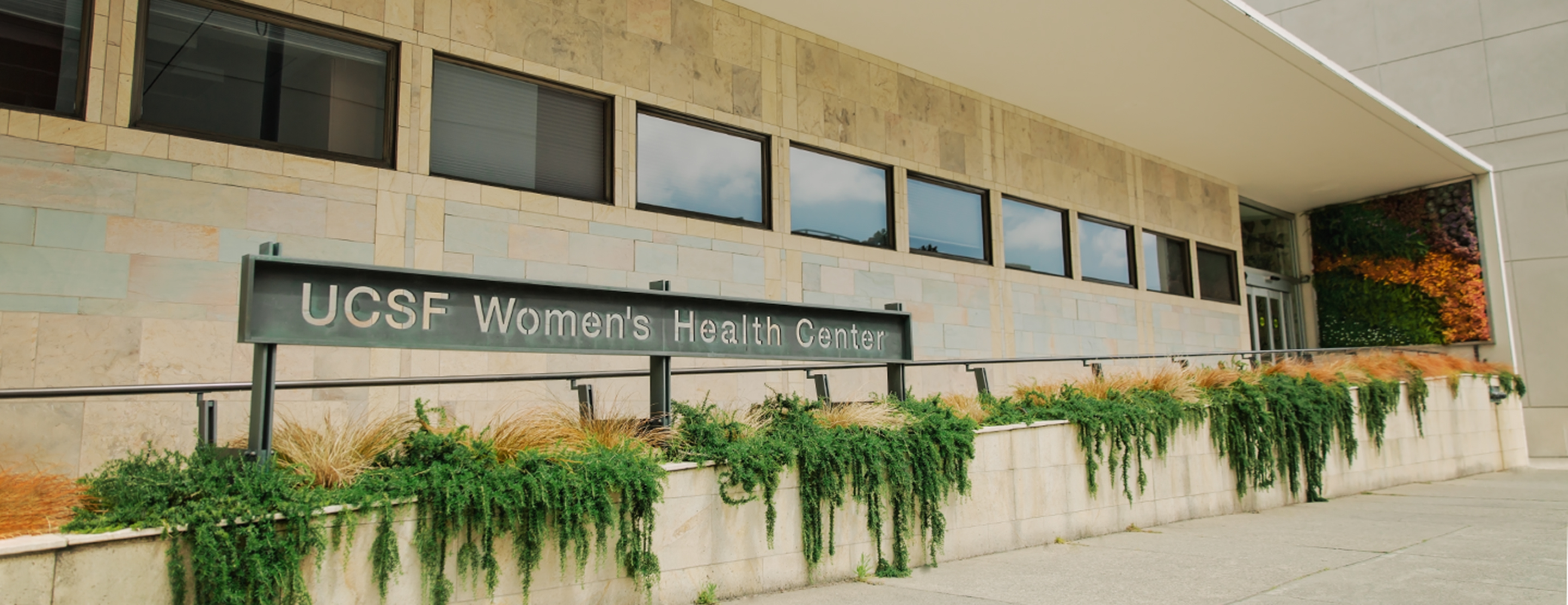To see Gina Danford playing with her 2-year-old daughter, Samantha, an onlooker would never guess that a combination of good fortune and medical technology brought them together.

Fertility Preservation Helps Cancer Survivor Become Mom
Danford was diagnosed with ovarian cancer at age 19. "My life went from college classes, papers and midterms to oncologists, diagnostic tests and an impending surgery," says the now-37-year-old resident of Novato, California. "When you hear the words 'you have cancer,' your whole world changes."
That U-turn is especially intense for those with ovarian cancer. Each year roughly 20,000 women are diagnosed with ovarian cancer and 15,000 die of the disease. With no reliable screening methods, it can often spread before it is detected, which means lower survival rates.
But Danford was lucky. The cancer, which had grown to the size of a small basketball, had not spread beyond her right ovary. After a surgeon removed the tumor in her right ovary and fallopian tube, Danford was declared cancer free.
In celebration of her full recovery, Danford finished college on time, earned an MBA and embraced her inner traveler. She spent a year living and working in Germany. In 2000, she moved to San Francisco, where she met her future husband, Pete, on a blind date; they married in 2002. Although they knew they wanted children, like many couples they planned to spend time as a twosome first.
That plan went awry in 2006 when a scan and a blood test called CA-125 (both routine screening procedures for women with a history of ovarian cancer) suggested Danford's cancer had returned. This time the mass was on her left ovary. "I'd been so lucky," she says. "I didn't think I would beat another brush with cancer."
When faced with cancer, many patients and doctors jump into treatment mode. But cancer treatment can threaten fertility, and Danford's case was no exception. Her gynecological oncologist explained that she'd most likely lose her remaining ovary and maybe even her uterus.
With her life on the line, her desire to have a biological child someday felt secondary: It would take time to explore that possibility, and time seemed a luxury she couldn't afford. But her physician encouraged her to consider her options. That's when she and her husband met Dr. Mitchell Rosen at UCSF Medical Center.
Rosen is a reproductive endocrinologist and fertility expert at the UCSF Center for Reproductive Health. As director of the UCSF Fertility Preservation Program, he helps patients with cancer preserve their ability to have children, despite aggressive cancer treatment. "Dr. Rosen was amazing, kind and empathetic," Danford says. "He walked us through our choices and answered all of our questions."
Meet Gina's care team
Under Rosen's care, Danford chose to delay cancer treatment long enough to freeze embryos, a technique called cryopreservation. The decision didn't quash her doubts; like many young women in her situation, she grappled with stark questions. What if the cancer had already spread? What if she had a child and the cancer came back again? What if she didn't live long enough to have kids?
After a grueling month of preparing her body with hormones, Danford had 33 eggs retrieved from her left ovary; 19 became embryos. The retrieval happened on a Friday, and the following Monday a surgeon removed the mass on her ovary. To everyone's relief, the growth was benign. After a slow recovery, the couple waited to make sure Danford was healthy and in 2009 moved forward with After a grueling month of preparing her body with hormones, Danford had 33 eggs retrieved from her left ovary; 19 became embryos. The retrieval happened on a Friday, and the following Monday a surgeon removed the mass on her ovary. To everyone's relief, the growth was benign. After a slow recovery, the couple waited to make sure Danford was healthy and in 2009 moved forward with in vitro fertilization (IVF).
Having weathered several surgeries and cancer scares, Danford felt prepared to face any medical procedure necessary, but the physical and emotional strain of IVF surprised her. "This time it was not just my life hanging in the balance," she says. "It was my child's."
The first two rounds failed. The third attempt would be their last – the couple was emotionally and financially drained, most insurance companies do not cover IVF, and the price can easily climb to tens of thousands of dollars. Again, they got lucky. On the third try, Danford became pregnant with their daughter, Samantha.
Samantha was born in May 2010, and Danford now wants to share her success with other young people facing cancer. "I want women to know that cancer doesn't mean you need to sacrifice your desire to be a mother," she says. "There are options."
Her story doesn't end there. In January 2012 Danford helped launch ALTUS, a San Francisco-based business-consulting company. She credits her struggles with cancer for tapping veins of courage, strength and determination she didn't know she had. "Even though it was horrible, and I wouldn't wish it on anyone, good things do come out of it," Danford says. "And, ultimately, the experience gave me my daughter."










